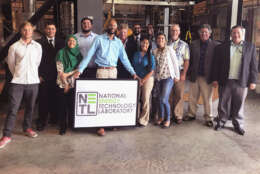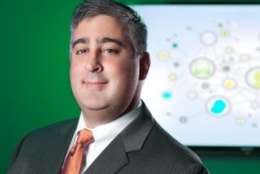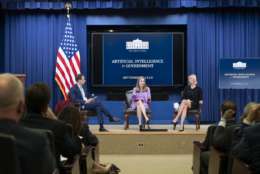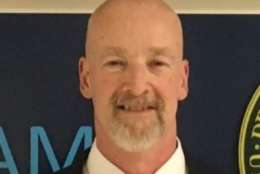Energy Department
-
In today's Federal Newscast, Open Season is underway and the Office of Personnel Management says it has updated its tool for participants to compare plans.
November 12, 2019 -
The Minority Serving Institution Partnership Program operates as a pipeline from minority serving institutions into the Energy Department.
November 06, 2019 -
In today's Federal Newscast, the Office of Personnel Management wants to get rid of nearly 50 occupational series it says are not needed due to the evolution of work.
October 28, 2019 -
Research from federal agencies served as the springboard for Google's major breakthrough in quantum computing.
October 25, 2019 -
Google claims "quantum supremacy" but don't look for a quantum computer on Schedule 70.
October 24, 2019 -
A prize competition by the Energy Department and National Oceanic and Atmospheric Administration seeks new ways to power ocean observing platforms.
October 22, 2019 -
In today's Federal Newscast, the Office of Government Policy clarifies what federal employees need to report when accepting invitations to attend conferences.
October 18, 2019 -
In today's Federal Newscast, D.C. Delegate Eleanor Holmes Norton (D-DC) introduces a bill to give federal employees short-term disability insurance, even if it means they'll have to pay for it.
October 03, 2019 -
The Energy Department has a new chief information officer and a plan to bring its infrastructure into the modern age.
September 17, 2019 -
D.C. Delegate Eleanor Holmes Norton and Virginia Congresswoman Jennifer Wexton are trying to block the Bureau of Land Management relocation with new legislation. They have introduced a bill that would require the BLM headquarters to remain in the national capital region.
September 12, 2019 -
On this week’s episode of Women of Washington, Gigi Schumm welcomed Una Song, a senior adviser at the Energy Department's Office of Environment, Health, Safety and Security.
September 11, 2019 -
Researchers have big plans for Argonne National Laboratory’s future exascale supercomputer, Aurora.
September 11, 2019 -
In today's Federal Newscast, the White House says it's considering a new approach to helping agencies adopt artificial intelligence.
September 10, 2019 -
The Internet of Things raises just as many challenges as it does opportunities – giving agencies both a wealth of real-time data and a broader surface area for cyberattacks.
September 09, 2019 -
Mark Anderson, the acting assistant deputy administrator for Research, Development, Test, and Evaluation at the National Nuclear Security Administration, joined Federal Drive with Tom Temin.
August 29, 2019













